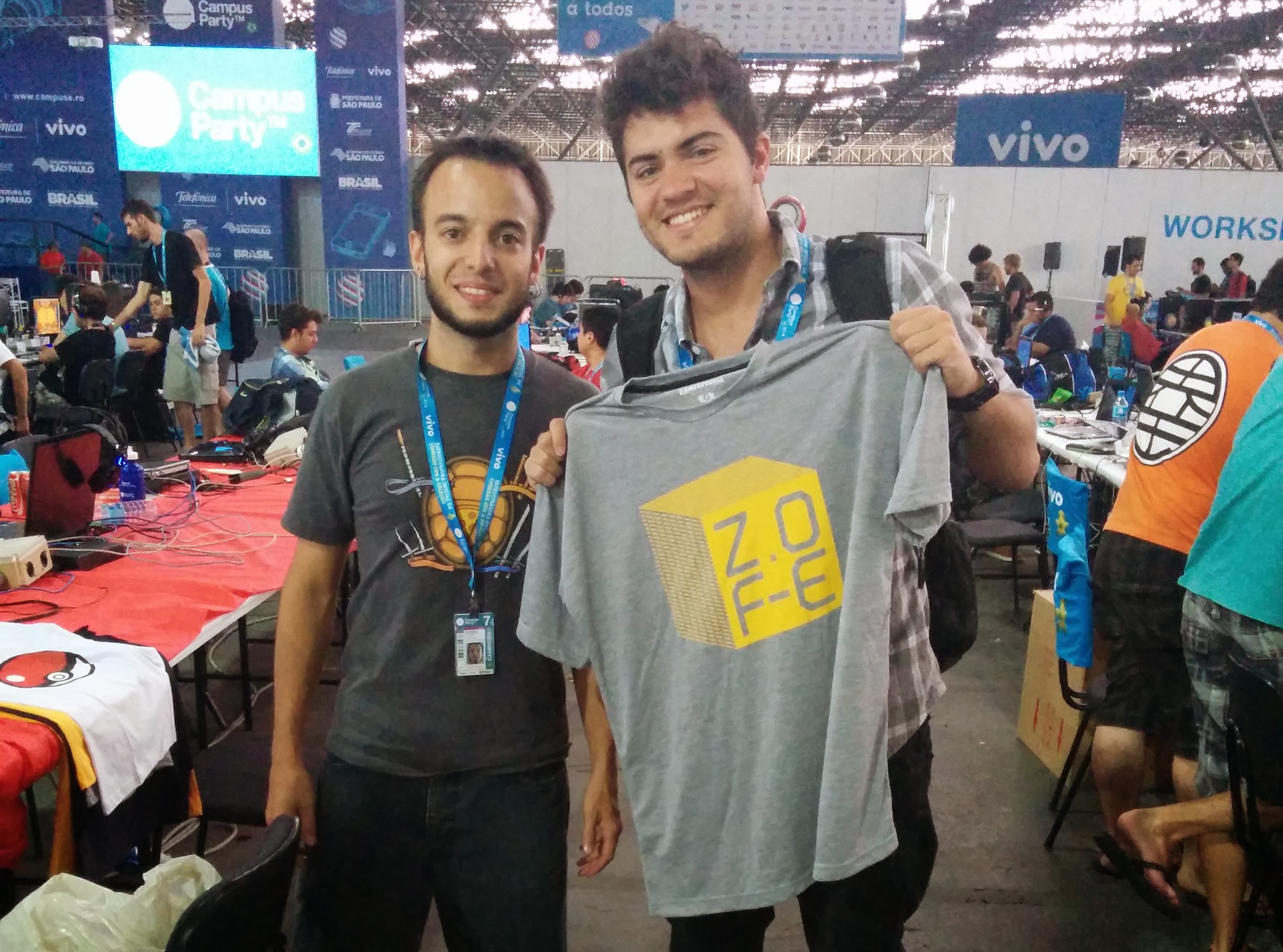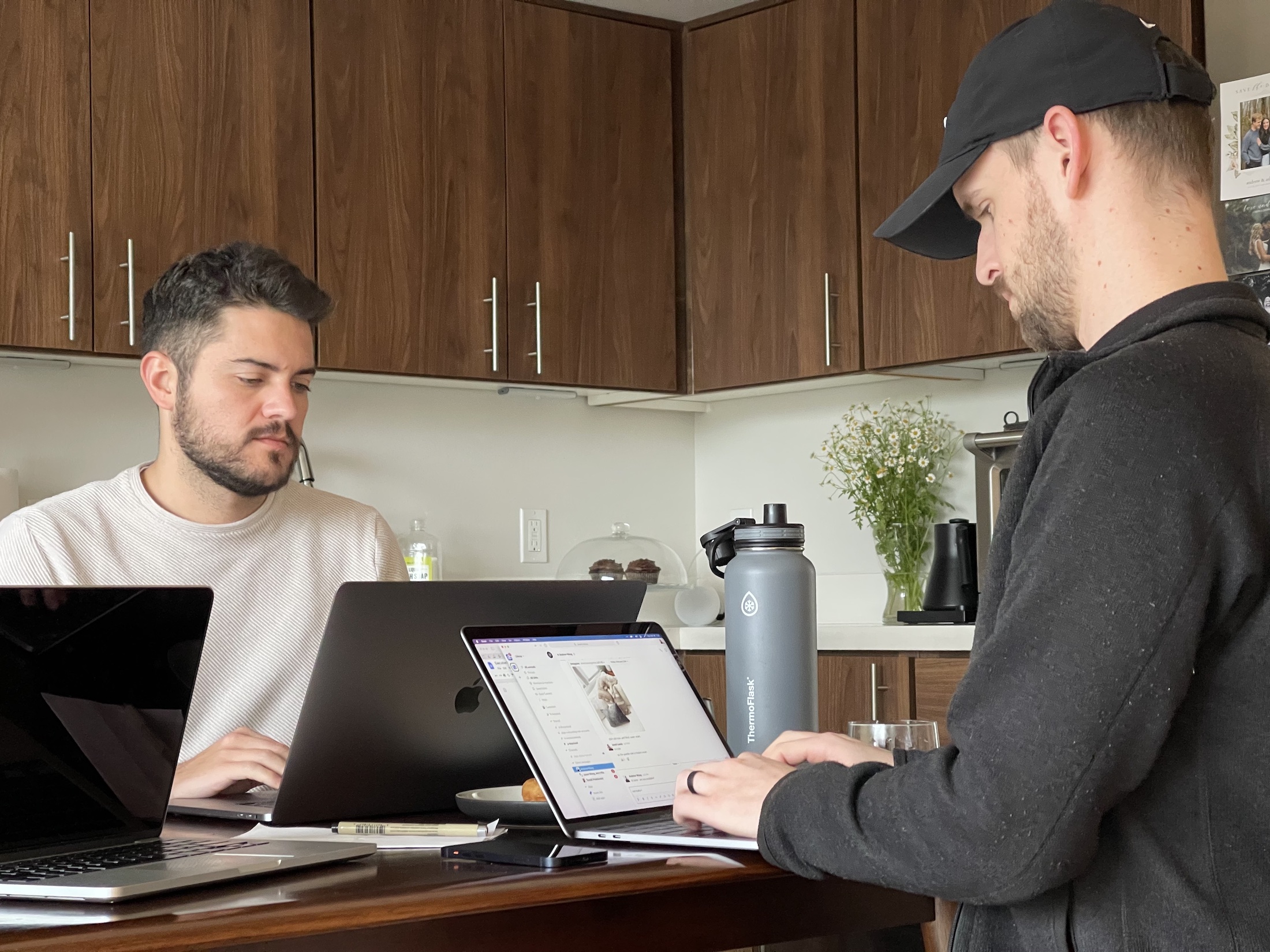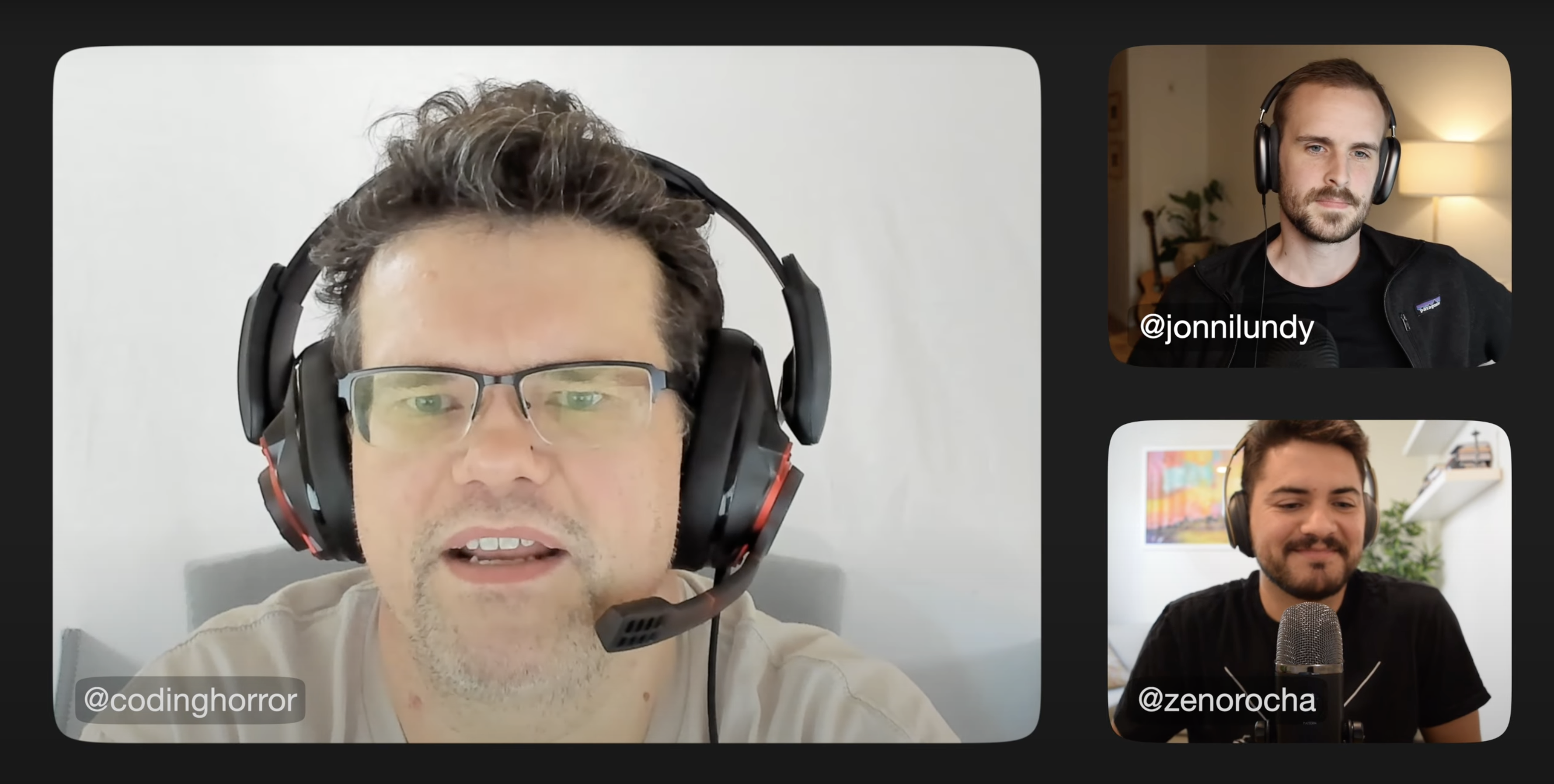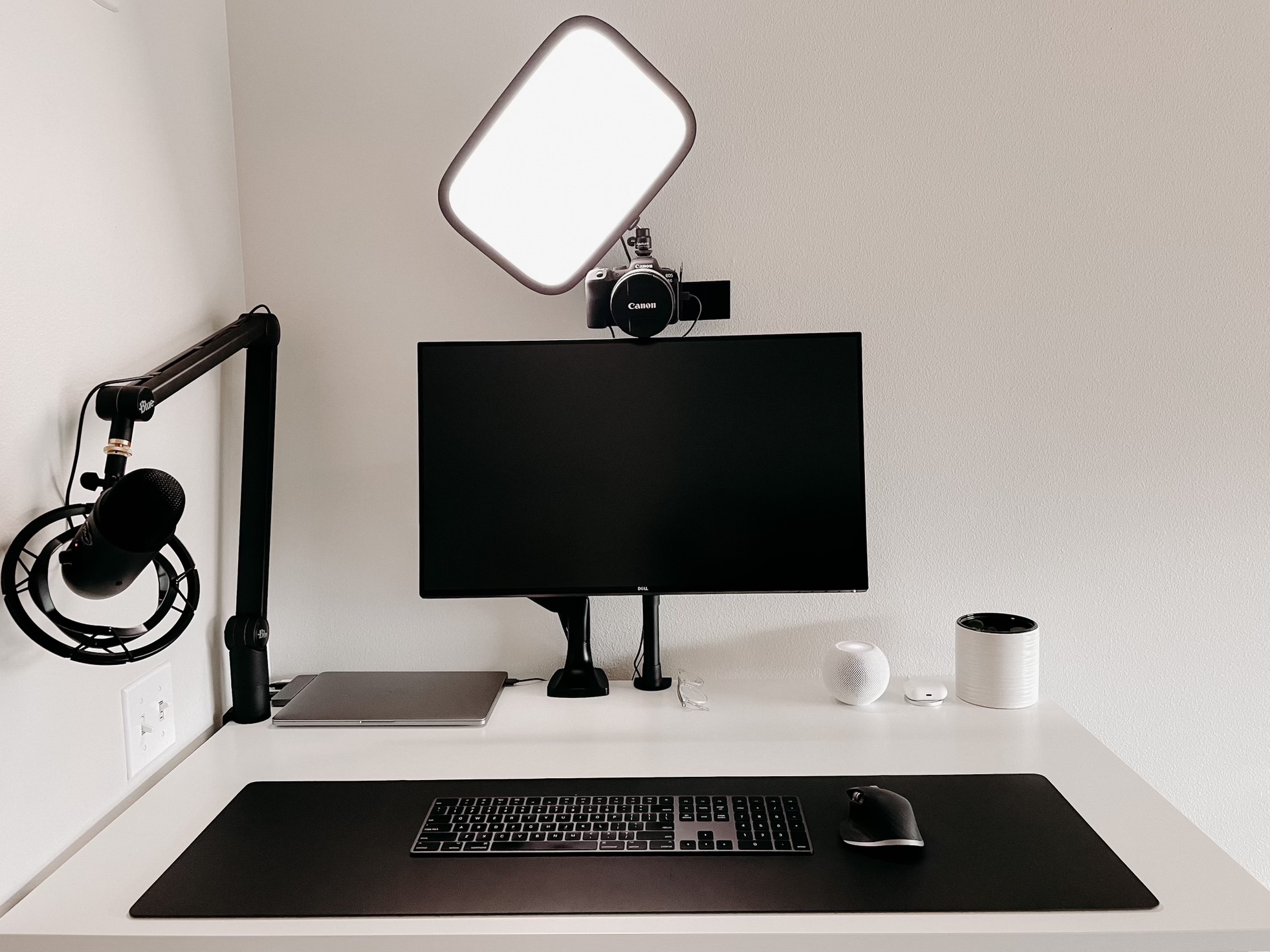Why I'm starting a podcast
For the last ten years, I have been traveling all over the world to give talks.
Traveling is always fun, and sharing knowledge is extremely rewarding, but for me, the best part about going to conferences is meeting people. Nothing replaces the feeling of having a 1:1 connection with another human being.
Now that we're all stuck at home, I miss that feeling. I miss discussing ideas, sharing lessons, and having great conversations about tech.
That's why I'm starting a new podcast called ByteTalk!
Why haven't I started a podcast before?
Most of you probably don't know this, but I was a co-host of a pretty popular podcast in Brazil back in the day. It was called Zone Of Front-Enders (ZOFE) and, from 2012 until 2014, Daniel Filho and I had a lot of fun discussing front-end development topics and interviewing some really smart developers.
The podcast landscape is very different nowadays. Still, I know how hard it is to maintain a podcast. People think it's just a matter of hitting record and saying whatever is on your mind, however, there's a LOT of work involved behind the scenes. That's the reason why I have been reluctant to start another podcast.
It had to be the right subject, at the right time, with the right people.

Who am I doing this podcast with?
A couple of years ago, I met this dude called Jonni Lundy during a recruiting process. He was the first person I hired who didn't know to code, and that was a lot of responsibility. Despite all the challenges, we continued to work together on various projects, and our friendship started to transcend work.
Productivity and technology have always been two topics that we geeked about. When I decided to create an audiobook, I knew I had to invite Jonni to record it with me. We had a great experience together, and we both felt like this could be the beginning of something greater.
When he moved from LA to Portland, we no longer saw each other in the office. All those nice conversations were kind of lost, so we scheduled this weekly event called Creative Fridays, where we would discuss different subjects and share ideas that were unrelated to work.
One day we asked ourselves: "What if we made these conversations public?". And that's how ByteTalk was born.

What can you expect from this podcast?
The idea of this podcast is to discuss a variety of topics from tooling, setups, open source, careers, working abroad, bootstrapping, startups, and big tech.
Our goal is to interview developers, designers, CEOs, and pretty much anyone who is building modern software and adopting productive techniques in their day-to-day activities.
We're starting with not one but three episodes. The first one is an introduction to the podcast. The second one is an interview with Netto Farah, Principal Software Engineer at Segment. And the third one is an interview with Jeff Atwood, the co-founder of Stack Overflow and Discourse.

Why both audio and video formats?
I'm an avid podcast listener, and some of my favorite podcasts are audio-only, like The Daily Stoic , Indie Hackers, and Naval. There's something unique about hearing someone's voice, and that's how I consumed some of the best life stories I know.
However, it's clear that the world's attention has shifted dramatically to video format, and I've been personally consuming a lot of video podcasts too, like The Joe Rogan Experience, The Ground Up Show, and Y Combinator Podcast.
I feel like video adds an extra layer of authenticity, intimacy, and expression. It also adds an extra layer of complexity since there's a higher bar when it comes to image quality. Fortunately, both Jonni and I got all the necessary gear to start recording both formats in amazing quality.

Where can you find more information?
You can watch our podcast on YouTube or listen on Spotify, Apple Podcasts, Google Podcasts, and Amazon Music.
Also, make sure to follow us on Twitter, Instagram, or subscribe via RSS. That way, you won't miss new episodes.
Thank you so much and enjoy the show!